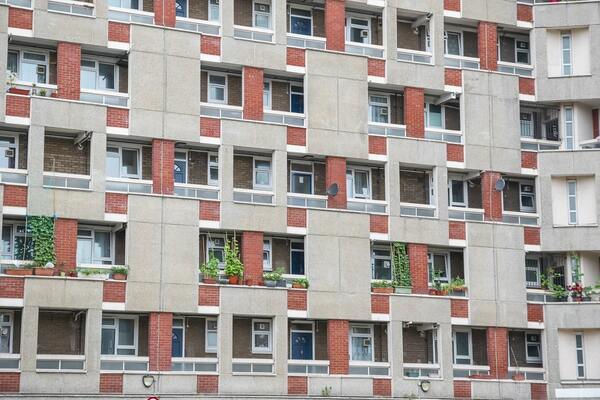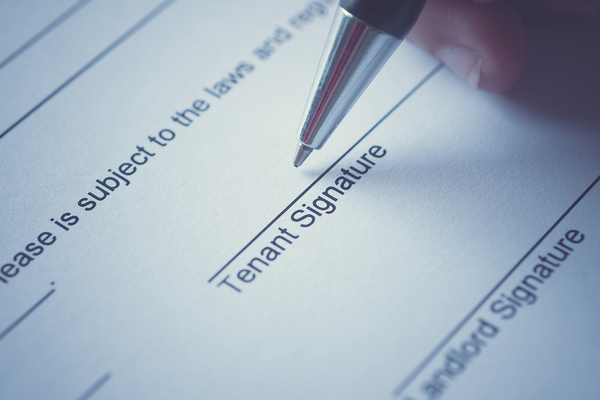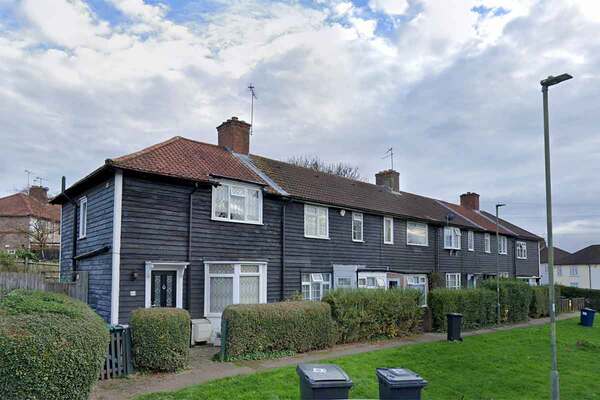You are viewing 1 of your 1 free articles
Landlords see rise in ‘fitness for human habitation’ claims from ‘PPI-style’ legal firms
Social landlords are seeing a rise in the number of costly housing condition claims linked to new legislation that is costing the sector millions of pounds, legal experts have said.
Lawyers have told Inside Housing that they are facing a major uptick in claims made through the Homes (Fitness for Human Habitation) Act 2018, with many landlords opting to settle out of court rather than risking higher costs by going through the courts.
The rules around what constitutes a property that is fit for habitation under the new law is far stricter than requirements set out in the previous legislation, the Landlord and Tenant Act 1985, making it easier for renters to take legal action for a wider range of disrepair issues.
To determine whether a property is fit for habitation, the property “must not reasonably be suitable for occupation in its condition” because of factors ranging from damp, lack of ventilation, issues with water supply or general disrepair.
The law came into force for new tenancies in March 2019 and for existing tenancies in March last year.
Donna McCarthy, partner at law firm Devonshires, told Inside Housing: “After a slow start, the Homes (Fitness for Human Habitation) provisions are starting to bite and we are now dealing with a large number of claims alleging breach.
“As there is no binding case law, tenant solicitors are testing the boundaries of what the court may consider to be unfit for human habitation.”
Yetunde Dania, partner at Trowers & Hamlins, said the law firm has also seen a “sharp rise” in housing condition claims, both through the new and existing legislation, which are costing the sector “millions”.
Ms Dania added: “Whether landlords are prepared to go to trial on these matters depends on a number of factors, including their attitude to risk.
“Often landlords prefer to settle rather than incur high legal costs by going to trail, but that is no guarantee as I often see cases that settle for a small amount and the costs claimed are over five figures.”
The claims, Ms Dania said, are often submitted by “PPI-style” firms that have significant experience in personal injury claims on a ‘no win no fee’ basis.
She said since fixed costs relating to personal injury claims have been introduced – meaning there is a cap on how much a claimant can win – many of these organisations have turned their attention to housing condition claims, where costs are not capped.
Ms McCarthy said provisions in the Homes (Fitness for Human Habitation) Act are being “latched on to by solicitors pursuing claims with little or no merit in the hope that landlords will look to achieve quick settlement of claims.
“Of greater concern to landlords is where this has been raised in claims relating to cladding and fire safety, where there are adequate interim mitigation measures [such as waking watches and fire alarms] and the property is in an overall good condition and the landlord would say that the property is fit.”
Sign up for our legal and regulation newsletter
Already have an account? Click here to manage your newsletters














